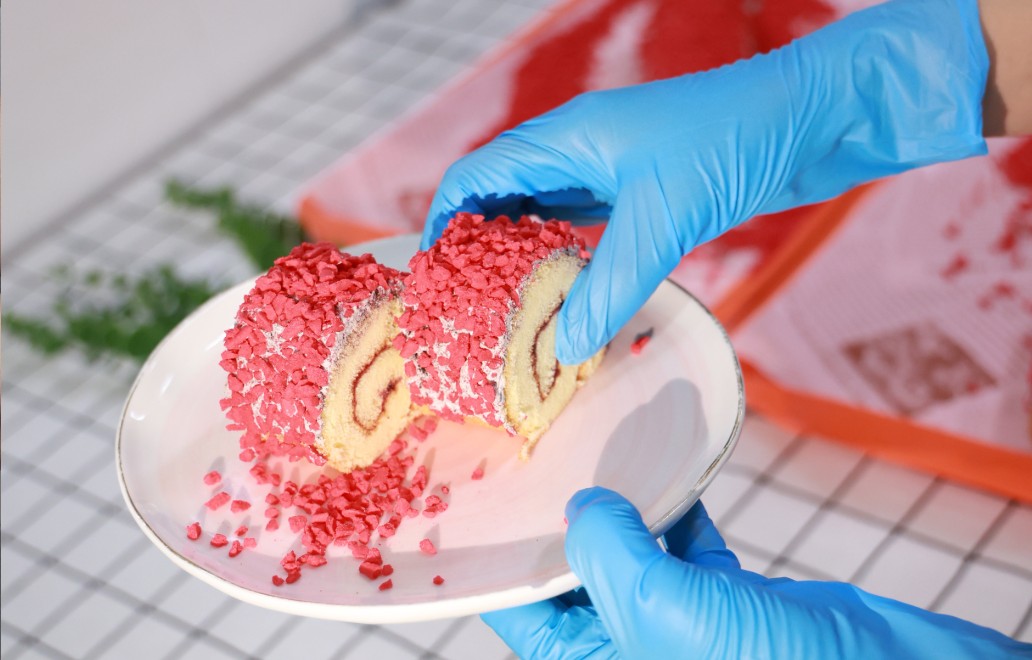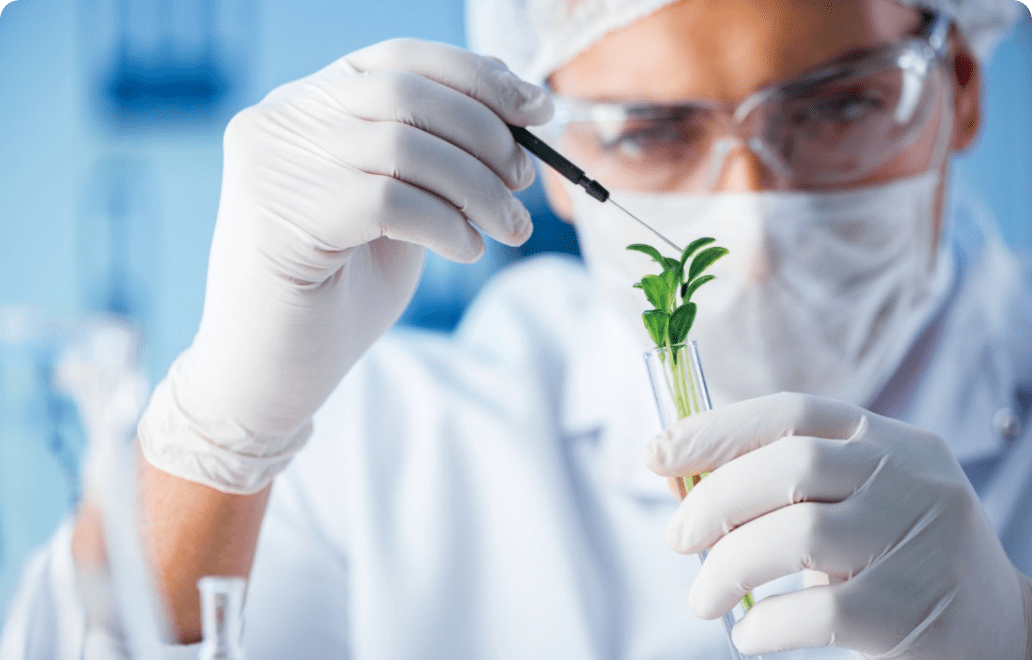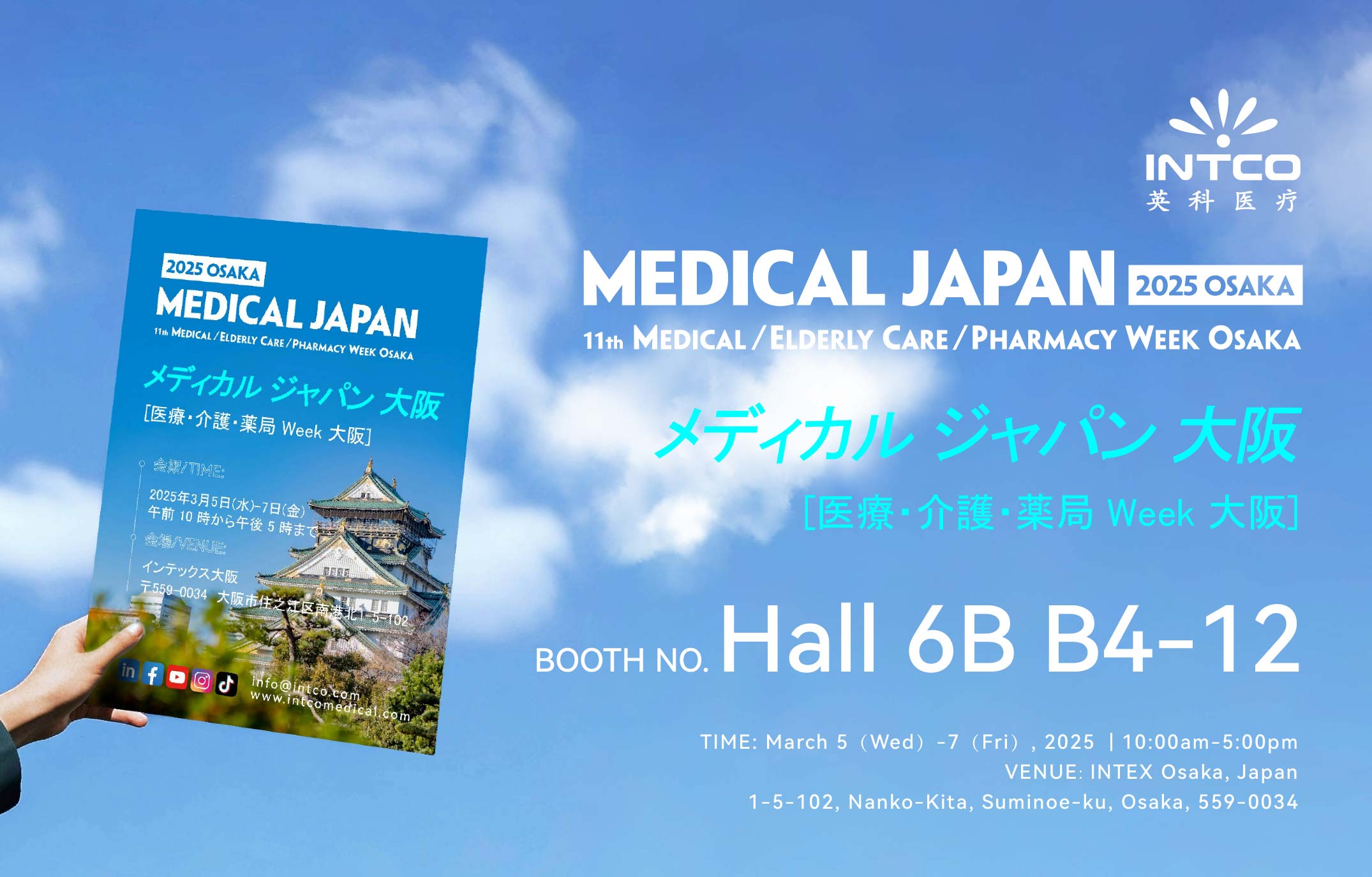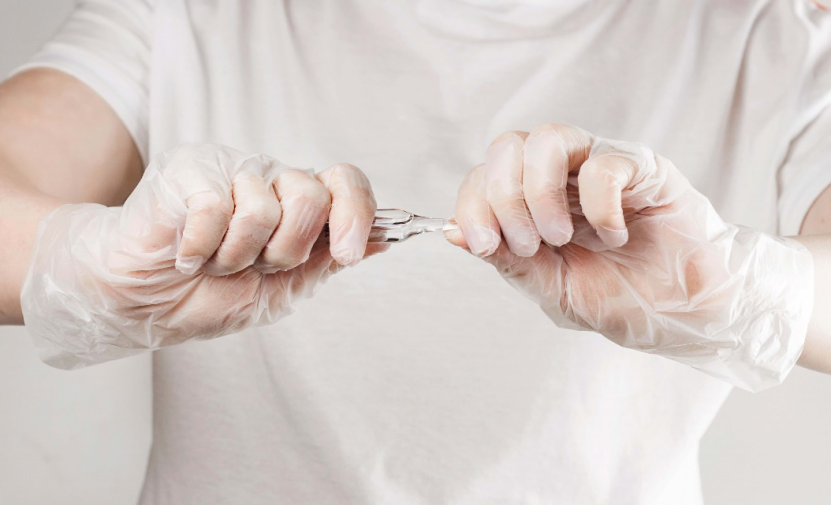Glove products
China Chemical Resistant Disposable Nitrile Gloves Manufacturers: 2025 Guide
Disposable Gloves Chemical Resistance Guide
Why Chemical Resistance Is Important
Disposable chemical-resistant gloves are essential for safeguarding people in areas with hazardous chemicals. These gloves act as a protective barrier against hazardous substances. This stops problems like rashes, burns, or poisoning that can harm the entire body. How effective best disposable gloves for chemical resistance are hinges on their power to prevent chemicals from leaking through or wearing out when they meet specific materials.
Core Aspects Affecting Chemical Resistance
A few factors decide how well disposable gloves for chemical resistance to fend off chemicals. Material composition is the key factor—nitrile, latex, and vinyl provide different levels of chemical protection. Thickness counts as well. Thicker gloves tend to give tougher protection, but they can limit hand movement. Plus, the way gloves are crafted, including their mix and curing steps, affects how much they shield.
Industries That Rely on Chemical-Resistant Disposable Gloves
Laboratories and Life Sciences
In labs and life sciences, folks regularly tackle risky chemicals during experiments or trials. Disposable chemical-resistant gloves are vital to dodge unintended exposure to harsh materials or biohazards that might mess up studies or hurt someone.
Chemical Manufacturing and Industrial Use
Workers in chemical plants deal with all kinds of dangerous stuff every day. Chemical-resistant disposable nitrile gloves are crucial for shielding them from skin contact with acids, solvents, and other rough industrial chemicals that could do real damage.
Automotive and Mechanical Repair
The car world uses oils, greases, and cleaners that can sting skin to the touch. Mechanics count on nitrile chemical-resistant disposable gloves to cover their hands. These gloves keep flexibility for fine tasks too.
Agriculture and Pesticide Application
Farmhands manage pesticides and fertilizers that can turn toxic if they seep into the skin. Disposable gloves with chemical resistance protect these workers from nasty substances while they spread them.
Cleaning and Janitorial Services
Cleaning teams often handle strong detergents and disinfectants that can irritate or injure skin. Chemical-resistant disposable nitrile gloves form a sturdy wall against these hard-hitting cleaning items, keeping janitors safe.
Choosing the Right Disposable Chemical-Resistant Gloves in 2025
What to Look for in Chemical-Resistant Disposable Gloves
Key Features to Look for in 2025:
Compliance with EN ISO 374-1: Type B certification.
Tested against multiple chemicals
Protects from at least three hazardous substances.
Nitrile vs. Latex vs. Vinyl: Which Offers the Best Chemical Protection?
Nitrile gloves often rank as the best choice for chemical defense compared to latex and vinyl. Nitrile holds up against a wide range of chemicals like oils, acids, and alkalis, suiting many jobs across fields. Latex gloves stretch nicely but might not shield against some solvents or oils. Vinyl gloves break down quicker under chemical touch but can fit low-risk spots with minimal exposure.
In brief, selecting the best disposable gloves for chemical resistance calls for weighing material qualities, work demands, and safety guidelines. Grasping these ensures you get prime protection where chemicals pose a threat.
Best Choice in 2025: INTCO Medical ChemTuff™ Disposable Nitrile Gloves
INTCO Medical is the largest latex-free disposable gloves manufacturer. As we eye the future of chemical-resistant gloves, INTCO Medical’s ChemTuff™ Disposable Nitrile Gloves are projected to dominate the market in 2025. Crafted with a unique nitrile blend, these nitrile chemical-resistant disposable gloves give solid chemical splash protection. They hit EN ISO 374-1: Type B standards, promising strong defense against various hazardous goods.
What sets ChemTuff™ apart is its added strength, nice stretch, and 60% better smoothness over standard nitrile gloves. Made to fight chemicals, rips, and holes, they bring steady safety and comfort. Their silicone-free build fits tons of areas, like life sciences, chemical processing, factory work, car fixes, and farming.
Built with high-grade materials and tight standards, ChemTuff™ gloves highlight INTCO Medical’s knack as one of the best China chemical-resistant disposable nitrile gloves manufacturers.
Disposable Gloves Chemical Resistance Guide: Best Practices for Safety
Proper Use and Boundaries
When wearing disposable chemical-resistant gloves, stick to wise habits to boost their shielding power. Choose gloves that fit the chemicals you’ll meet, checking material, thickness, and safety marks. Look over gloves for wear or tears before use. Worn-out gloves might not guard well.
Understanding the limitations of disposable chemical-resistant gloves is crucial. While they block many chemicals, no glove offers complete resistance. Find out the breakthrough time—how long a chemical takes to soak through. Switch gloves during long jobs based on this.
Handling Chemical Splashes or Spills Safely
Wearing proper chemical-resistant disposable nitrile gloves is your first shield against skin touch. If a spill hits, stick to safety rules like boxing it in and using absorbent gear to mop it up safely.
After handling chemicals or spills, peel off gloves with care. Pull them from the wrist without brushing the outside. This lowers the odds of getting bad stuff on your skin or nearby spots.




























